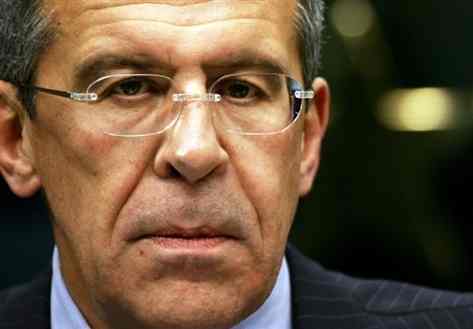The BRICS alliance is considered to have been largely dismissed by Western players in recent years, but, with new developments, including this years Russian aggression in Ukraine and recent trade and banking agreements and talks among the BRICS community, analysts are beginning to look at BRICS as a potentially historic challenge to a global order that has been in place since World War II.
Russia lost its welcome in the G8 and saw economic sanctions imposed on it by much of the Western world due to its illegal annexation of Ukraine’s Crimea and more recent continued military aggression in Eastern Ukraine. Russia remains a part of BRICS, however, which is causing analysts to pay more attention to a possibility of the inauguration of a new phase of global bipolarity.
BRIC was created officially in 2009, and attracted many attention and investors due to the massive combined total population and landmass of the four original members. Nearly 3 billion people lived in Brazil, Russia, India and China–40 percent of the world’s population–and the nations cover 25 percent of the world’s land. Investors and others saw the potential for rapid growth in domestic consumption as millions of people elevated their socioeconomic status into the middle class bracket.
The BRICS nations recently have signed trade agreements and begun the formation of institutions to rival the current monopoly of their Western and European counterparts IMF and the World Bank, which are much criticized by economists in the developing world.
Russia and China signed a multi-billion dollar Sino-Russian gas deal in May–the so-called Agreement on Cooperation, which was 10 years in the making. The deal undercuts the US dollar in international transactions. Recently, the leaders of China and Russia have been holding talks about the creation of a new credit rating agency to cater to BRICS countries. The BRICS countries have been reported to be near a deal on the New Development Bank, each valued at $100 billion.
In addition, a BRICS development bank was proposed by India, which would directly rival the World Bank and IMF.
The future of global economics has seen many preditions, but it is still uncertain. In 2003, Goldman Sachs reported their speculation that by 2050 the BRIC economies would surpass most current major powers in wealth, due to a dominating supply of manufactured goods and services from China and India combined with Brazil’s raw materials.
More recently, the Organisation for Economic Co-operation and Development (OECD) also projected that of the three percent annual growth it expects up to 2060, emerging economies will have much stronger, faster growth than already established economies.
Whereas the US economy represents nearly a quartre of global economic activity today, GDP is expected to shrink to 18 percent by 2030. China, which currently produces 17 percent of world GDP, will produce 28 percent in 2030, according to OECD estimates. India, which accounts for 7 percent today, will account for 17 percent in 2030 and 18 percent in 2060.
Europe’s share of world GDP will gradually drop from 17 percent today to nine percent by 2060. Japans economy will similarly shrink.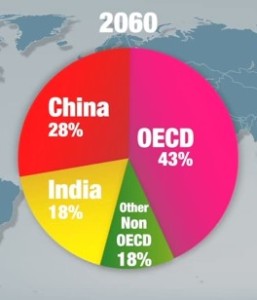
The OECD itself–composed of 34 countries–which accounts for 65 percent of global GDP will shink to 43 percent by 2060, at which time the combined GDP of China and India will be 46 percent, and other OECD nations will have a combined percentage of 18 percent.
Global GDPs will be affected largely by population growth, the OECD predicts. Personal incomes and living standards will also see the global gap narrowed. Emerging economies will increase living standards and the aging populations of the EU and US will stagnate living standards.
Alternatively, some global economists think that factors besides population growth will factor considerably into future developments, pointing to actual economic progress so far in BRICS countries. In recent years, only China has maintained strong growth rates. The other economies have been hampered by rule-of-law and other challenges.
Some commenters point to models of international organization besides the G7 and BRICS as the hope of international cooperation, such as the G20, where emerging economies are thought to have more of an equal footing with OECD nations, providing what may be a better model of dialogue between the various levels of economic development in the 21st century. The G20 takes into account contemporary and future economic rebalancing and seeks international consensus on universal global issues.
By Day Blakely Donaldson
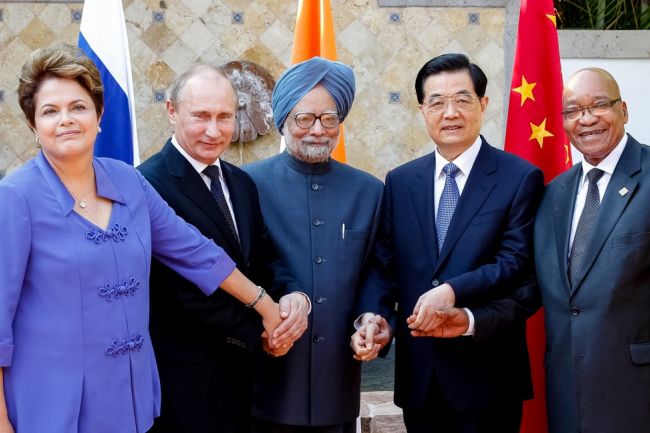
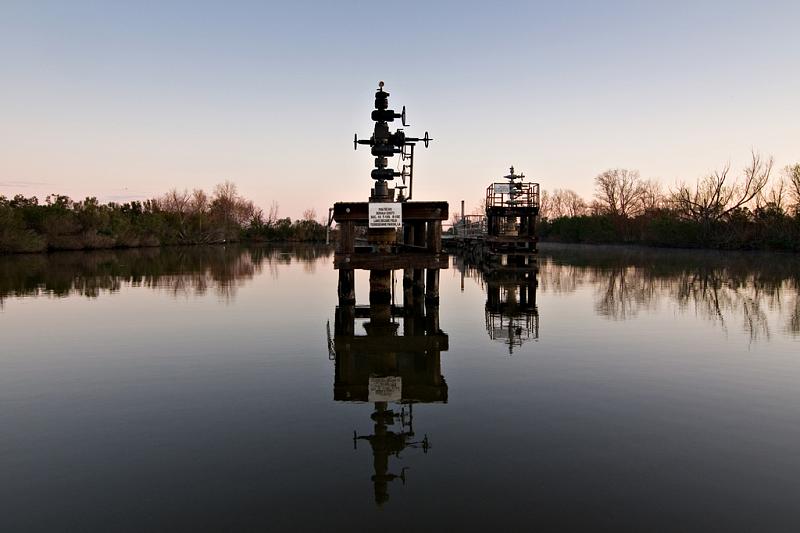
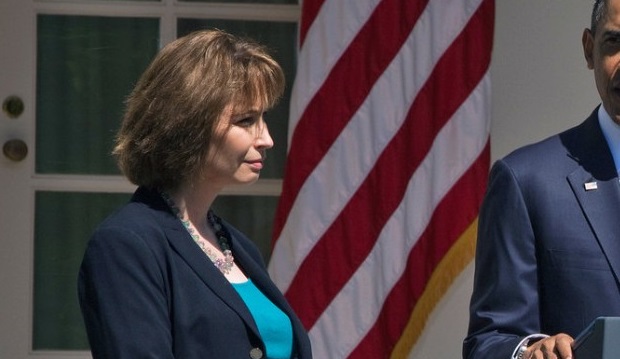

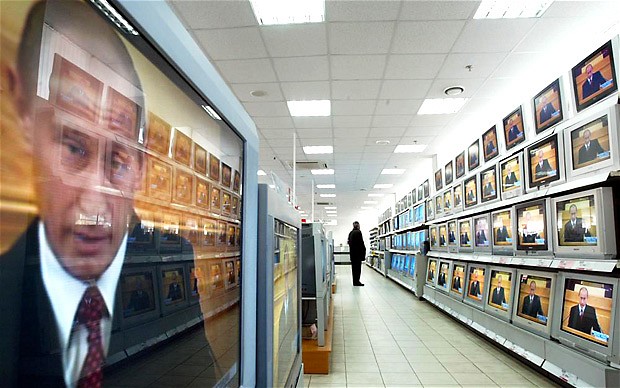
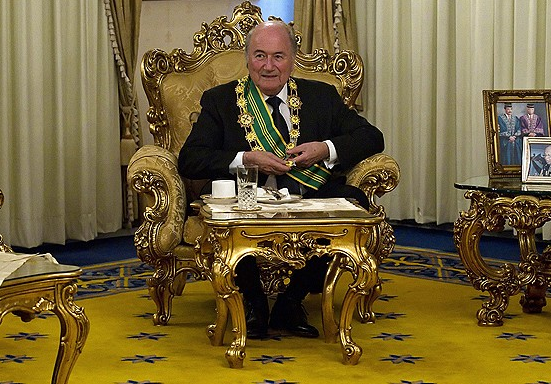
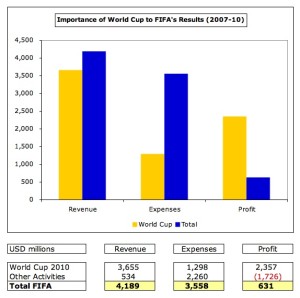 $631 million surplus, allowing FIFA to increase its reserves to $1.3 billion. Of the $4.2 billion in revenue in 2010, 87 percent ($3.7 billion) came from the World Cup, the main income source for FIFA. After expenses of $1.3 billion, FIFA profited $2.3 billion.
$631 million surplus, allowing FIFA to increase its reserves to $1.3 billion. Of the $4.2 billion in revenue in 2010, 87 percent ($3.7 billion) came from the World Cup, the main income source for FIFA. After expenses of $1.3 billion, FIFA profited $2.3 billion. FIFAs second largest source of income is World Cup rights, which in 2010 amounted to $1.1 billion. Marketers, such as Adidas,
FIFAs second largest source of income is World Cup rights, which in 2010 amounted to $1.1 billion. Marketers, such as Adidas, 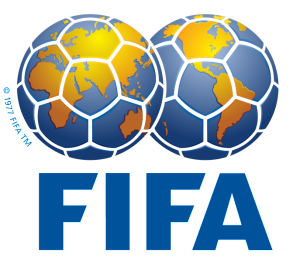
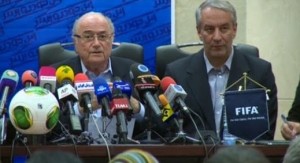 In response to strong accusations of corruption, FIFA issued
In response to strong accusations of corruption, FIFA issued 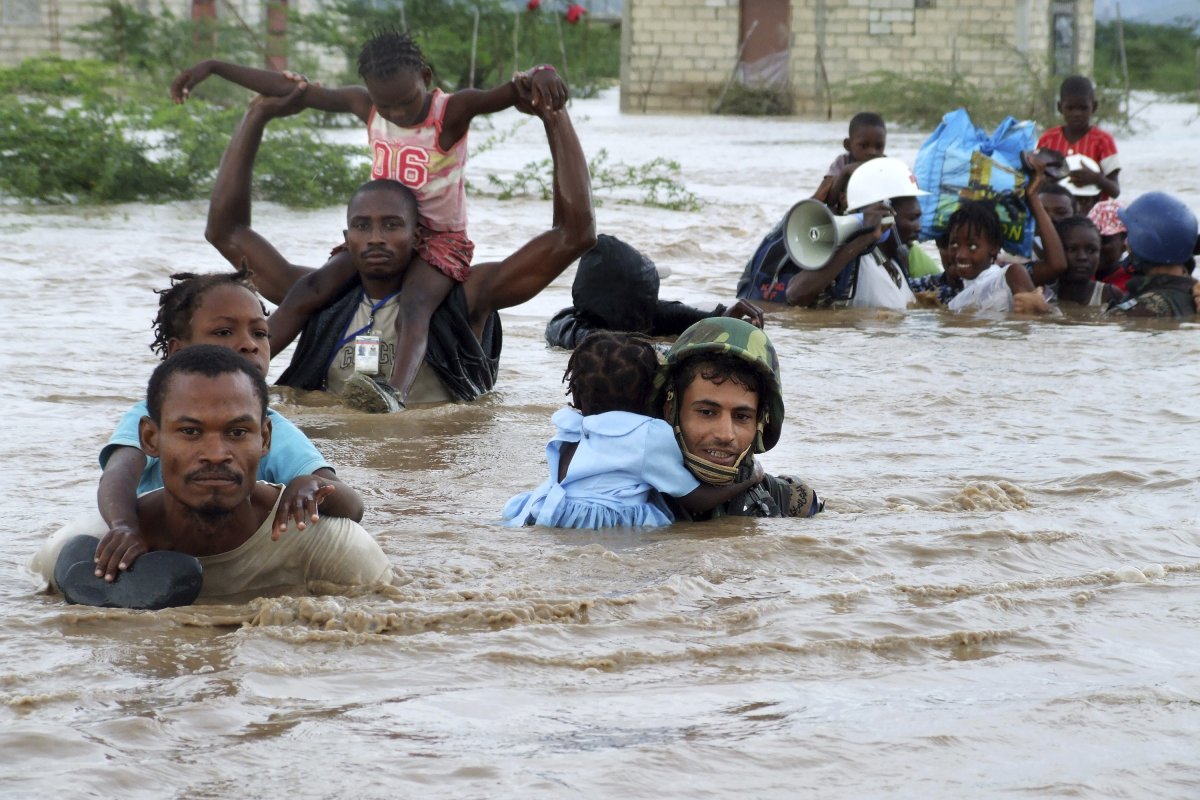
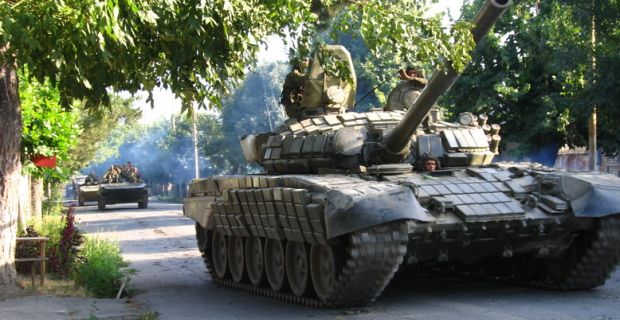
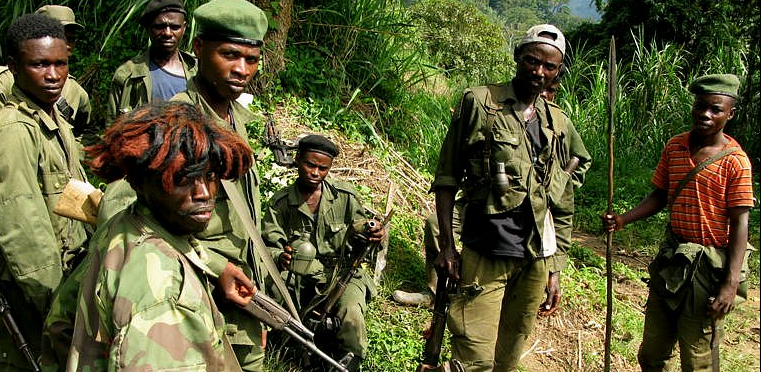
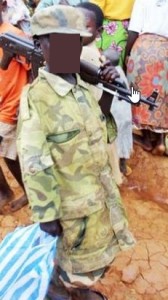 raped. Nearly 50 women and girls are raped every hour.
raped. Nearly 50 women and girls are raped every hour.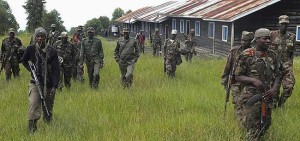
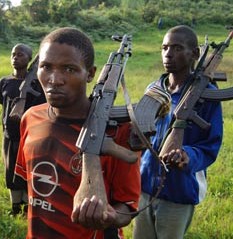 age. “They’re numb, they have been skewed, they have a different sense of what is normal. But this doesn’t mean they’re not aware of what they’re doing,” said Lloyd-Davies. Some soldiers express remorse, such as a man in “Seeds of Hope” who also said he would not admit his crimes unless his superiors were prosecuted. “They are the ones who sent us,” he said. “If those who committed these crimes can be arrested and judged, then that would be good.”
age. “They’re numb, they have been skewed, they have a different sense of what is normal. But this doesn’t mean they’re not aware of what they’re doing,” said Lloyd-Davies. Some soldiers express remorse, such as a man in “Seeds of Hope” who also said he would not admit his crimes unless his superiors were prosecuted. “They are the ones who sent us,” he said. “If those who committed these crimes can be arrested and judged, then that would be good.”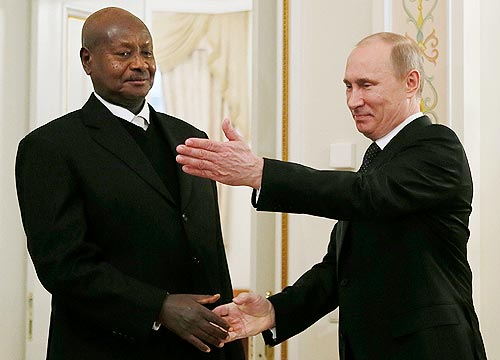
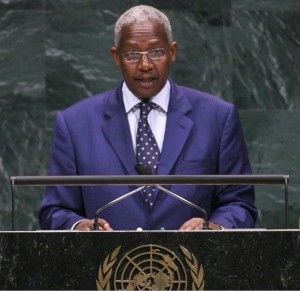 world headlines for aggression in Ukraine, and both have recently made headlines for passing strict anti-gay legislation–in contravention of and threatening the guarantees of the UN Charter of Rights and Freedoms, according to top UN representatives.
world headlines for aggression in Ukraine, and both have recently made headlines for passing strict anti-gay legislation–in contravention of and threatening the guarantees of the UN Charter of Rights and Freedoms, according to top UN representatives.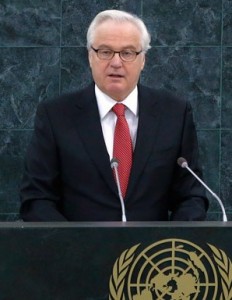
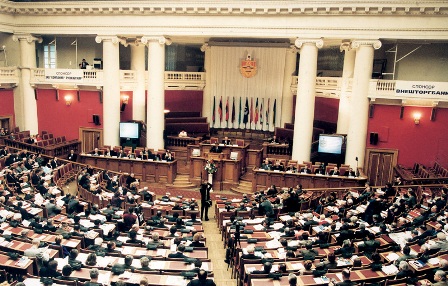
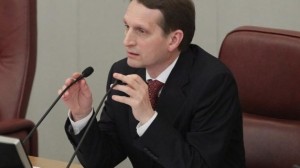
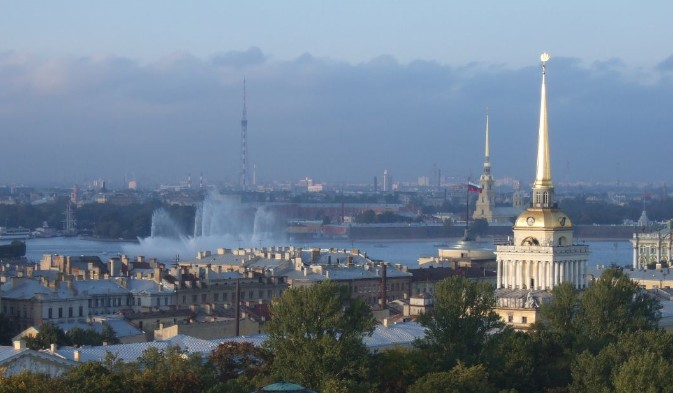
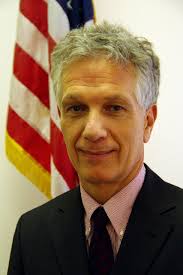
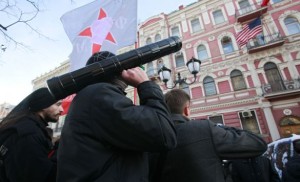 The collection was posted as
The collection was posted as 